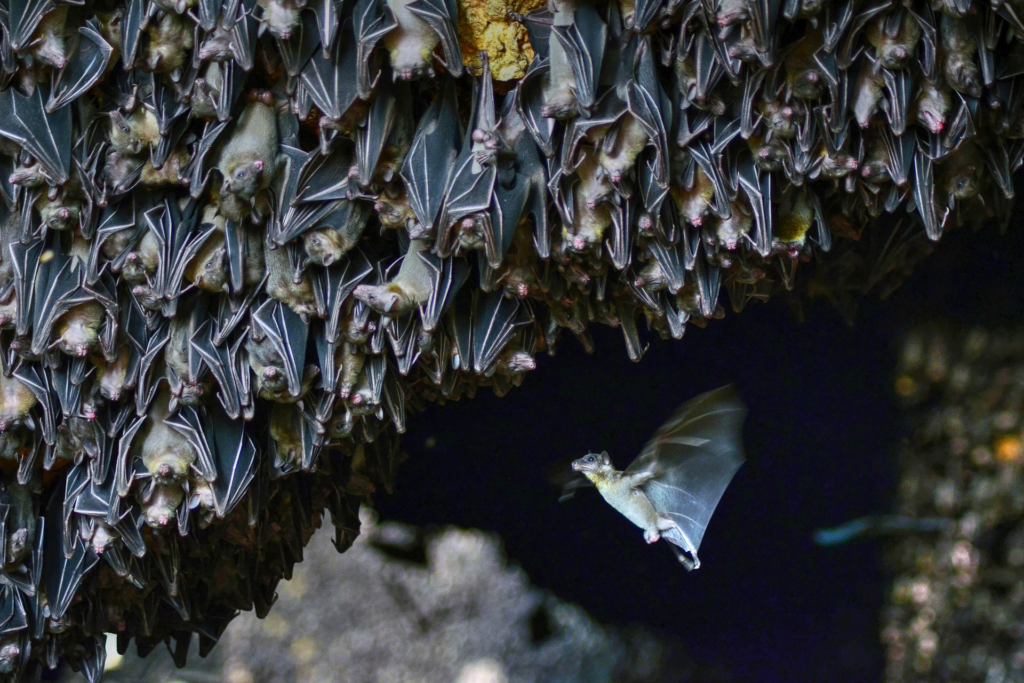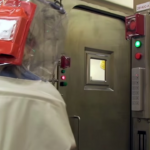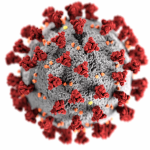The US government cancels DEEP VZN, a controversial virus-hunting program
By Matt Field | September 7, 2023
 A fruit bat colony in the Philippines. Credit: Ranieljosecastaneda via Wikimedia Commons. CC BY-SA 4.0.
A fruit bat colony in the Philippines. Credit: Ranieljosecastaneda via Wikimedia Commons. CC BY-SA 4.0.
Back in 2009, the US government initiated a controversial $200 million program to identify new viruses in animals that might jump the species barrier and spark human pandemics. Although the Trump administration unceremoniously ended the PREDICT program in 2020, the US Agency for International Development (USAID), which managed the effort, subsequently proceeded to double down on the virus-hunting strategy. DEEP VZN, an initiative begun in 2021, was supposed to go beyond the roughly 1,000 viruses that its predecessor had found and identify up to 12,000 new viruses in wild and domestic animals, sequencing the genomes of those that “pose the most risk to animal and human health.” The idea was to find dangerous pathogens before they cause problems.
But the critics of this type of predictive virus hunting—who see it as wasteful or dangerous—seem to have finally nudged the government toward their view. The UK medical journal The BMJ reported Thursday that USAID quietly wound down the DEEP VZN virus-hunting juggernaut over the summer.
USAID confirmed to the Bulletin that it began shuttering DEEP VZN as it assessed its “priorities and approach to pandemic preparedness,” an agency spokesperson said in a statement. “As a result, USAID and Washington State University began working together in July 2023 to end the DEEP VZN cooperative agreement.”
The agency’s years-long approach of partnering with organizations and researchers in far-flung corners of the world to seek out new viruses in animals was predicated on a seemingly obvious idea: By finding and characterizing viruses, researchers could understand which pathogens were poised to “spill over” to humans before an outbreak or pandemic began. Researchers could then monitor for dangerous viruses broadly. But critics argued this concept of pandemic prediction was inefficient and risky. By uploading to the web—as PREDICT has done—the genetic makeup of new viruses, the government could inadvertently offer up the recipes for potential bioweapons to terrorists or other bad actors.
Some experts have said that rather than trying to predict which viruses in animals might cause outbreaks in people, public health surveillance should focus on people by (among other things) rapidly assessing new viruses that crop up in sick individuals. Not enough is known about why viruses jump from other animals to humans, sparking outbreaks, to justify virus hunting research showing that a new pathogen is able to replicate in people, a trio of biologists argued in 2018. “[G]iven the rarity of outbreaks and the complexity of host–pathogen interactions, it is arrogant to imagine that we could use such surveys to predict and mitigate the emergence of disease,” they wrote in Nature.
More pointedly, in an era when biotechnological innovation is making the synthesis of DNA cheaper and more accessible, uploading the genomes of newly discovered, dangerous pathogens could be a grave mistake. “If numerous pandemic-capable viruses are credibly identified and their genome sequences are shared with the world—as is the goal of well-meaning programs operated by the US National Institutes of Health and the US Agency for International Development—individual terrorists will gain the ability to unleash more pandemics at once than would naturally occur in a century,” MIT researcher Kevin Esvelt told the US Senate in 2022.
USAID’s approach had proponents, of course. “Since the vast majority of viruses that ignite pandemics have their origin in nonhuman animals, it is critical that we figure out which of the many new zoonotic viruses that we are now identifying are most likely to jump species into humans, spread easily from person to person and cause severe disease or death,” Judith Wasserheit, a University of Washington professor and a co-principal investigator for DEEP VZN, said in a 2021 press release announcing the program. Wasserheit has not yet responded to a request for comment on USAID’s decision to end DEEP VZN.
Andrew Weber, a senior fellow at the Council on Strategic Risks, who worked on biological weapons threat reduction in the former Soviet Union and is a critic of programs like DEEP VZN, said, “I strongly support USAID’s decision to cut this viral discovery program. The grave risks are hardly justified by the meager potential benefits.”
According to journalist David Willman’s investigation in The BMJ, DEEP VZN was under fire from both Republican critics in the US Congress and Biden administration insiders. “The turnabout follows early warnings raised by skeptics—including officials in the Biden White House—that the $125m …`DEEP VZN’ [program] could inadvertently ignite a pandemic,” Willman wrote.
Together, we make the world safer.
The Bulletin elevates expert voices above the noise. But as an independent nonprofit organization, our operations depend on the support of readers like you. Help us continue to deliver quality journalism that holds leaders accountable. Your support of our work at any level is important. In return, we promise our coverage will be understandable, influential, vigilant, solution-oriented, and fair-minded. Together we can make a difference.
Keywords: virus hunting
Topics: Biosecurity














